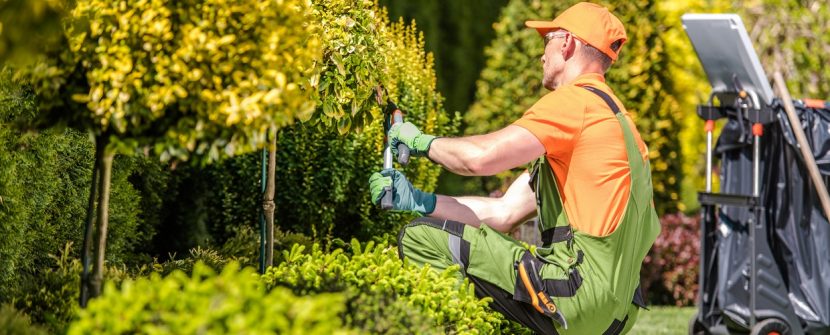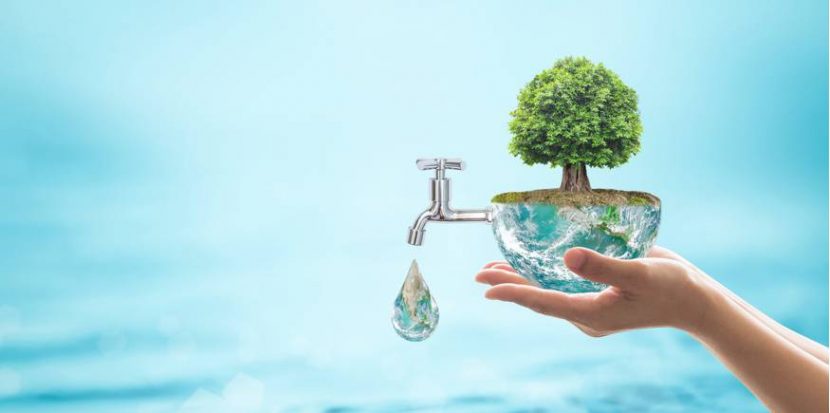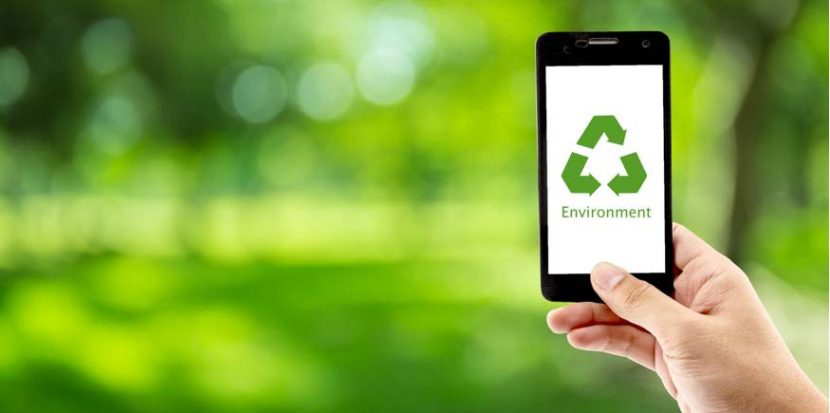3 Tips For Landscaping That Does Not Harm The Environment
One of the misconceptions with landscapes and gardening, is that simply that it is always going to be environmentally friendly. According to professional landscaping company Principal Landscapes, the assumption they make is that because they are working with nature, such as plants, that they are contributing to a greener (no pun intended) world.
Unfortunately, whilst a lot of what landscaping involves is more of a help than a hindrance to the environment, there are also many decisions made and actions taken as part of a landscaping project that might be harmful. This is often done through a lack of awareness rather than any deliberate or belligerent act from someone who cares nothing for green issues.
The simple fact is that landscaping, just as with any other activity you can think of, can impact the environment both positively and negatively. The key point we wish to make in this article is that you can take some simple steps to reduce those negatives, and better still make your landscaping a lot more environmentally friendly. Best of all it need not diminish any landscaping designs you might be planning.
Remember That Water Is Precious
The first consideration we would ask you to make is with respect to how you plan to irrigate your garden and in particular the water that will be used for that purpose. Whilst we might not consider water to be limited in the modern towns and cities many of us live in, nevertheless, anything you do that reduces the amount you use is a step in the right direction.
Instead of spraying haphazardly when watering your plants, be aware of what water you might be wasting and try to use it efficiently. You may even go as far as installing a proper irrigation system which saves even more water. A more basic way to save water is to use barrels to collect rainwater, and then use the water in them to water your plants.



